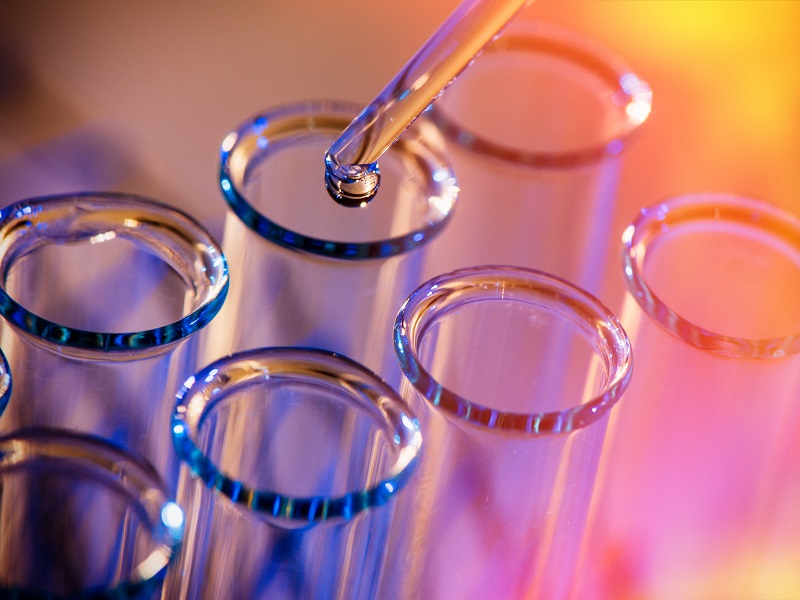A new BioTech hub located at La Trobe University’s Melbourne campus has launched, offering world-class wet lab facilities to early-stage companies looking to commercialise their research.
The $8 million Bio Innovation Hub was opened by Minister for Development Victoria Colin Brooks on Friday, almost two years after it was first announced by the university.
AlleSense, which was spun out of La Trobe in December last year in order to commercialise the world’s first nanofabricated microscope slide, is among the first occupants of the new hub.

Other tenants include Aeterna Health, a Melbourne-based company developing regenerative medicine technologies, and exosome-based therapeutics company VivaZome, with more expected to follow.
Funded through the Victorian Higher Education State Investment Fund (VHESIF), Bio Innovation Hub has been purpose-built to grow BioTech and AgriTech companies “from startups to ASX listing”.
The hub offers a PC2 laboratory and other equipment to help early-stage companies commercialise their research, making it one of only a handful of facilities with such facilities in Victoria.
La Trobe vice-chancellor Theo Farrel said the hub would allow the university to build on its strong reputation in research, innovation and industry engagement by supporting the commercialisation of breakthrough research.
“… The Bio Innovation Hub will connect La Trobe’s world-class research capabilities in biotechnology, molecular sciences and agriculture with some of Australia’s most pioneering industries, creating a catalyst for growth and innovation.”
“La Trobe students will also benefit from the hub’s state-of-the-art facilities, gaining real-world research experience that will lead to future career opportunities,” Professor Farrel said.
VivaZome chief executive and managing director Xenia Sango said having access to the hub presented significant benefits for the company’s research into Extracellular Vesicles (EV).
“By delivering these therapeutic EVs directly to the injured brain, we aim to repair damaged cells and potentially restore lost functions, offering improved quality of life for patients with TBI [traumatic brain injury],” she said.
Do you know more? Contact James Riley via Email.

